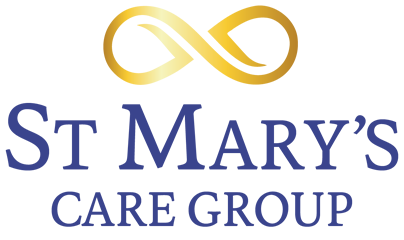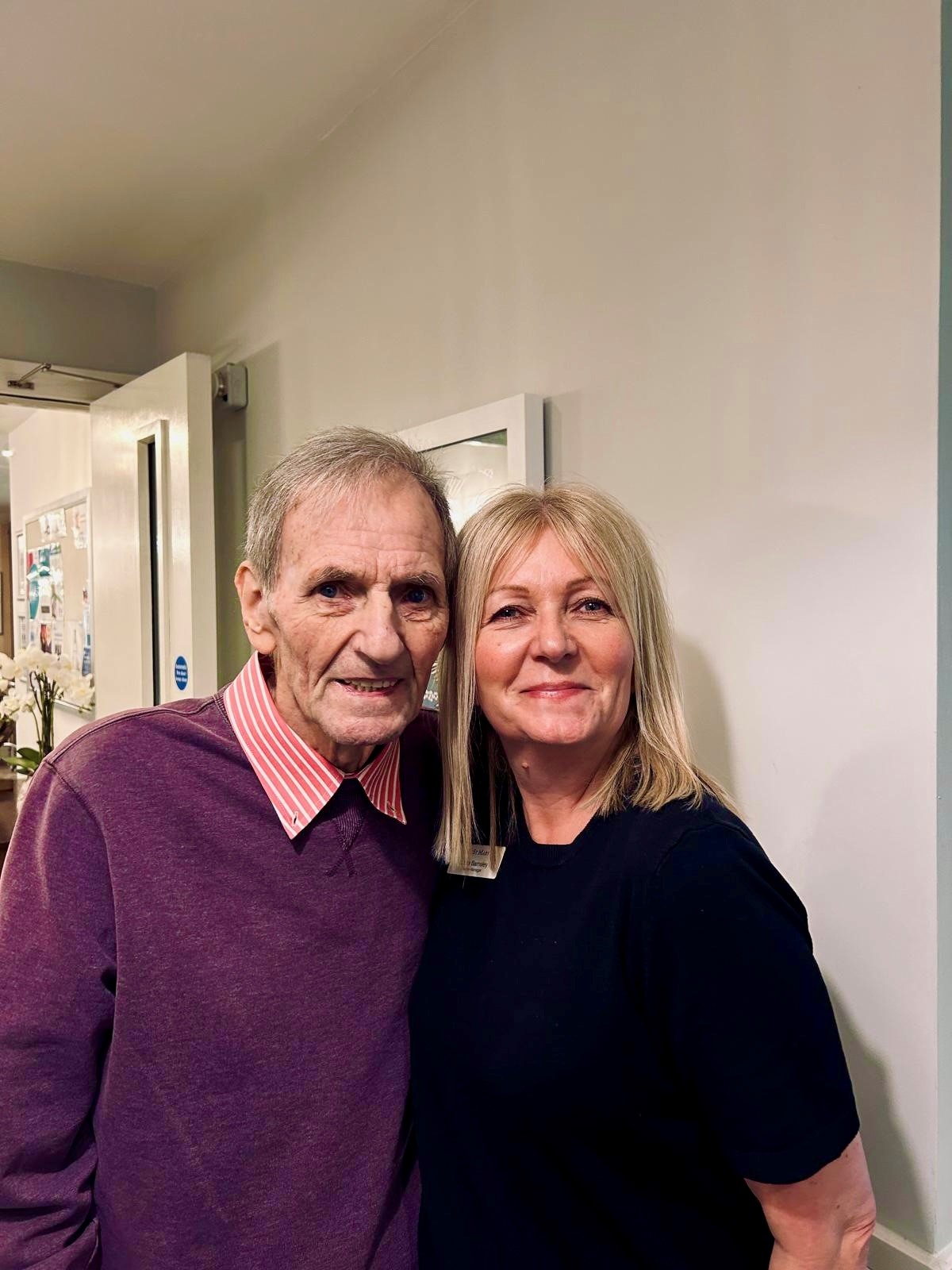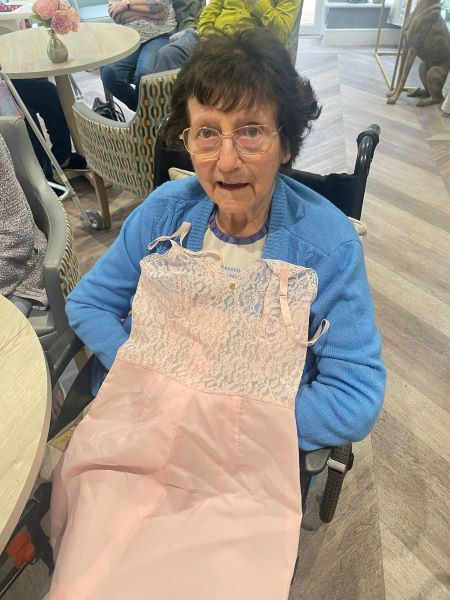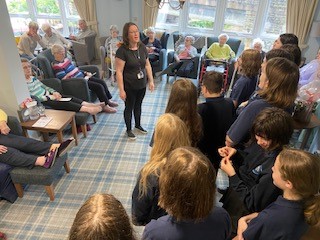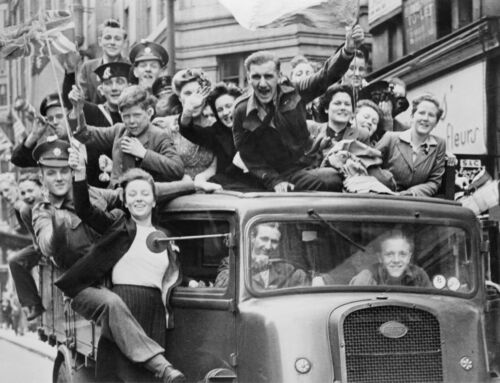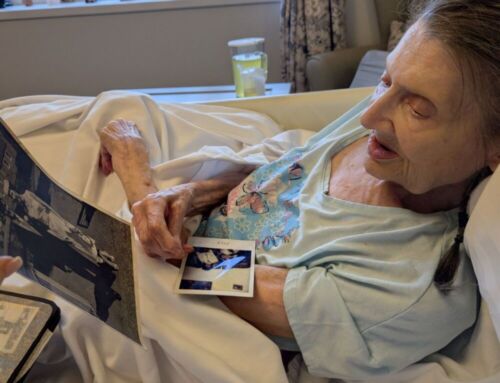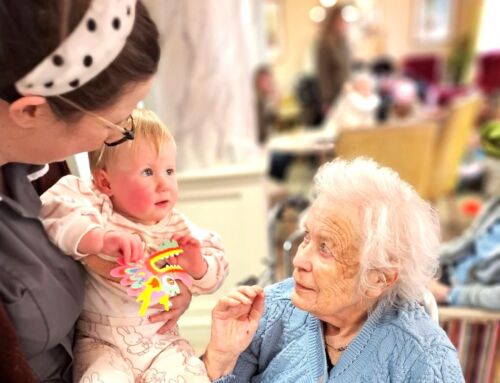As communities mark Armed Forces Day on 29th June, St Mary’s Care Homes celebrates the first anniversary of the Veteran Friendly Framework (VFF). This initiative, designed to support veterans in care homes, aims to improve the health and wellbeing of over 25,000 veterans and their partners. The VFF is a collaboration between the Royal Star & Garter, the Royal British Legion, and the NHS Veterans Covenant Healthcare Alliance, with funding from the Armed Forces Covenant Fund Trust.
Over the past year, the VFF has achieved remarkable success. Thirty-eight care homes have been accredited, with five completing their first-year review. An additional eighty homes are working towards VFF status, and nearly 100 more are considering participation. The programme supports around 1,500 veterans and their partners, benefiting the broader care community by aligning with Care Quality Commission standards.
St Mary’s Care Homes, which operates seven nursing, residential, and dementia homes in Yorkshire, has proudly achieved VFF status for all its homes in the past four months.
Operations Manager Adam Ward highlighted the programme’s positive impact, saying, “It’s allowed us to better understand our residents’ experiences, enhancing our person-centred care approach for better outcomes.”
Mr Ward said the VFF programme has opened doors to local communities, with visits from cadets and Royal British Legion branches, and it has been good for our other residents and our care homes; “Some of our veterans don’t see themselves as ex-military, because the Armed Forces never really left them. It’s really important that we appreciate this in the care we provide, and that we build links with the wider community, to support our veterans and help us understand what they’ve been through.
“Our homes haven’t been VFF-approved for long, but it’s already generated a lot of activity and interest from people visiting the homes and in the wider community. We’ve seen an increase in occupancy in some of our homes, especially those which have a big Forces community around it, like Hull and East Ridings. One of our Homes has achieved VFF status despite having no veterans, because we recognised the benefits the Framework still delivers, and there’s every chance they will have veterans in the future.”
Mr Ward continued; “Non-veterans talk about their own experiences. They may not have served themselves, but a parent may have, or relative or a friend, and that creates a greater level of engagement and communication.”
Mr Ward finished: “When I look at it all together, I can clearly see the VFF is starting to have an impact already, and it’s going to have a greater impact as we go on. We’ve learnt we’re part of a bigger community than we thought. We’ve learnt that some staff members are veterans, we’ve learnt that residents’ relatives are veterans or actively serving. It’s been a really good journey so far, and we’re only at the beginning of it. I’m excited to see where it will lead us, and I’d encourage every other care home to do it too, to help the people they care for.”
The VFF programme has also fostered stronger community connections, with visits from cadets and Royal British Legion branches. This engagement has increased occupancy rates, particularly in areas with large Forces communities like Hull and East Ridings. One home even achieved VFF status despite having no veterans, recognising the Framework’s broader benefits.
Andy Cole, CEO of Royal Star & Garter, and Mark Atkinson, Director General of the Royal British Legion, praised the VFF’s positive impact. Prof Tim Briggs CBE, National Clinical Director for NHS Improvements, emphasised the programme’s role in enhancing veteran support and wellbeing, calling it a way to repay our debt to those who have served.
